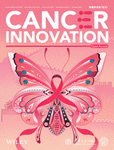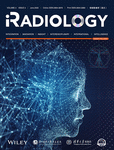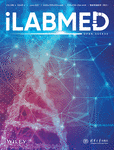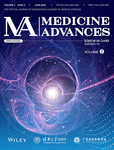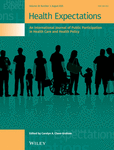Call for Papers
The Ethical Issues of Xenotransplantation and the Development of Standards for Donor Technology and Biosafety Risk Management
Submission deadline: Thursday, 25 December 2025
Xenotransplantation, the transplantation of animal cells, tissues, or organs into humans, offers a promising solution to the global shortage of human donor organs. However, this innovative field faces significant ethical, scientific, and biosafety challenges. Ethically, the use of animals as organ sources raises concerns about animal welfare and the moral boundaries of scientific research, particularly regarding genetic modification and breeding practices. The risk of zoonotic disease transmission further complicates the issue, as pathogens from animals could infect human recipients and potentially spread to the broader population. Addressing these challenges requires rigorous ethical frameworks, stringent biosafety protocols, and comprehensive risk management strategies, including rigorous screening of source animals, continuous monitoring of recipients, and contingency plans for disease outbreaks.
From a scientific perspective, despite advancements in genetic engineering, such as CRISPR-Cas9, which have enabled the creation of genetically modified pigs with reduced immunogenicity, significant hurdles remain. Challenges such as immune rejection, long-term xenograft viability, and unintended consequences of genetic modifications need to be resolved. The development of standardized protocols for donor technology is essential to improve the safety and efficacy of xenotransplantation procedures, foster public trust, and facilitate regulatory approval. This special issue aims to provide a platform for interdisciplinary dialogue, bringing together experts in transplantation science, genetic engineering, and regulatory affairs to advance the field responsibly.
In conclusion, xenotransplantation holds immense potential but must be pursued with a balanced approach that prioritizes ethical considerations, scientific rigor, and biosafety vigilance. By developing ethical frameworks, standardized protocols, and comprehensive risk management strategies, we can ensure that this innovative field evolves in a manner that is scientifically viable, ethically sound, and socially responsible. The goal is to harness the potential of xenotransplantation to benefit humanity while safeguarding the values we hold dear, paving the way for a future where this technology can save lives without compromising ethical principles or public health.
Topics for this call for papers include but are not restricted to:
- Expert Consensus on Clinical Trials in Xenotransplantation in the US
- Expert Consensus on Clinical Trials in Xenotransplantation in China
- Xenotransplantation – The German Approach
- Xenotransplantation – The Chinese Approach
- Ethics in Xenotransplantation – US Perspective
- Ethics in Xenotransplantation – European Perspective
- Ethics in Xenotransplantation – Chinese Perspective
- Immunogenetics of xenotransplantation
- Immune Responses after Pig-Human Xenotransplantation
- Immunosuppression and its Risks in Xenotransplantation
- Microbiology Safety in Xenotransplantation
- Genetically Modified Pigs and the Immunological and Infectious Risks
- Renal Xenotransplantation in Humans – Biosafety Risk Management
- Heart Xenotransplantation in Humans – Biosafety Risk Management
- Heart Xenotransplantation in Humans – Biosafety Risk Management
- Liver Xenotransplantation in Humans – Biosafety Risk Management
Guest Editor:
Prof. Nashan Björn
University of Science and Technology of China
China
Keywords: Biosafety Risk Management; Donor Technology; Ethical Issues; Standardization; Xenotransplantation
Submission Guidelines/Instructions
Please refer to the Author Guidelines to prepare your manuscript. When submitting your manuscript, please answer the question: "Is this submission for a special issue?" by selecting the special issue title from the drop-down list.






